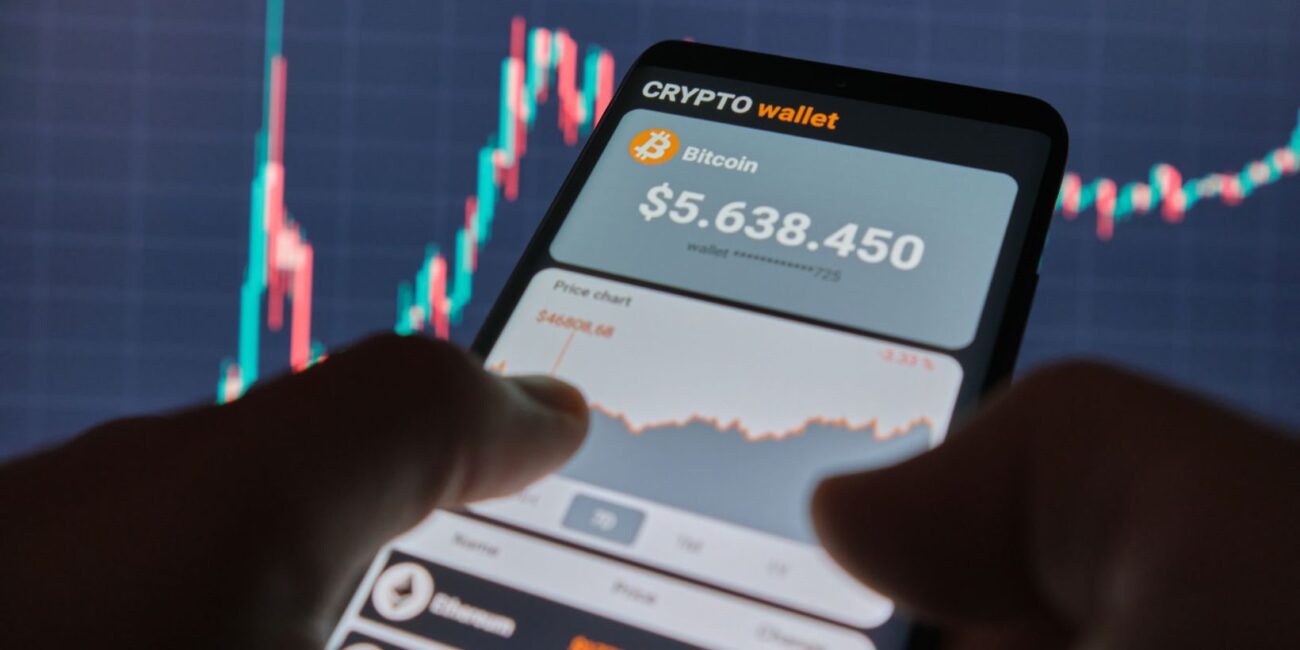Decentralized finance (DeFi) has reshaped how people think about money. It uses blockchain networks to deliver financial services directly to businesses and individuals. The DeFi market grows rapidly and is expected to rise from $30 billion in 2024 to over $42 billion in 2025. Thus, more people turn to tools that offer full control over their funds. At the center of this shift is the DeFi business wallet.
Why DeFi Needs Wallets
DeFi systems rely on transparency and autonomy. In the case of DeFi use, you manage assets yourself. Transactions happen directly between users, verified by blockchain code. It reduces fees, increases access, and gives users freedom over how they handle assets.
A DeFi wallet is built for independence. It provides a secure place to store and control crypto assets without intermediaries.
What Is a DeFi Wallet?
A DeFi wallet is a digital tool that stores crypto assets. But it does more than just hold coins. It lets you send, receive, and manage cryptocurrencies directly from your device. Unlike custodial wallets, where a company controls your private keys, a DeFi wallet is non-custodial. You alone hold the keys, which means you alone control your funds.

This self-custody model reduces risks linked to centralized services. If an exchange gets hacked or shuts down, users with DeFi wallets are unaffected. They keep their funds safe as long as they protect their private keys.
DeFi wallets also serve as entry points into the decentralized ecosystem. They link to decentralized applications (dApps), which allow users to trade tokens, lend or borrow assets, earn interest, or interact with NFTs.
Some wallets even offer access to crypto affiliate programs, letting users earn rewards by promoting DeFi tools and services they already use.
Core Features
Let’s see what features are typical of DeFi Wallets:
Cross-Platform Access
DeFi wallets work with various blockchain-based platforms. You can connect to decentralized exchanges (DEXs), liquidity pools, staking services, and more.
Private Key Control
With a DeFi wallet, no third party can touch your money. Only you can unlock the wallet using your private key or recovery phrase.
Full Asset Ownership
There are no restrictions on how you use your funds. No one can freeze your wallet or stop transactions.
Built-In Security Tools
DeFi wallets use strong encryption and local key storage. Many offer advanced options like hardware wallet compatibility and two-factor authentication. As long as users store their recovery phrases safely, the wallets remain secure.
Wide Compatibility
Most DeFi wallets support many tokens and blockchains. They often work with Ethereum, Polygon, Binance Smart Chain, and others. Many also support NFTs and stablecoins.
How to Set Up a DeFi Wallet
Getting started with a DeFi wallet is simple. Follow these steps to create and use one effectively:
Select A Wallet
Choose a trusted DeFi wallet. You can download it as an app/browser extension or just contact the team for installation.
Create Your Wallet
Open the app and choose to create a new wallet. The system will generate a private key and a 12- or 24-word recovery phrase. Write this phrase down and store it offline. If you lose it, no one can help you recover your wallet.
Start Transacting
Your new wallet has a unique address. To receive funds, share that address with the sender. To send crypto, enter the recipient’s address and confirm the transaction. Fees vary based on the blockchain you use.
Explore DeFi options
Connect your wallet to decentralized platforms. Most wallets have built-in browser features or dApp browsers that make this easy.
Strengthen Security
Use all available security options. Enable two-factor authentication if supported. Avoid storing your recovery phrase online. For larger holdings, consider using a hardware wallet for cold storage.

DeFi wallets are more than crypto storage. They are tools for financial freedom. With them, you gain direct access to the decentralized economy, skip the middlemen, and control your assets at all times. They require responsibility, but for many, the benefits far outweigh the risks. As DeFi continues to grow, mastering these wallets will become essential for anyone navigating the future of finance.



